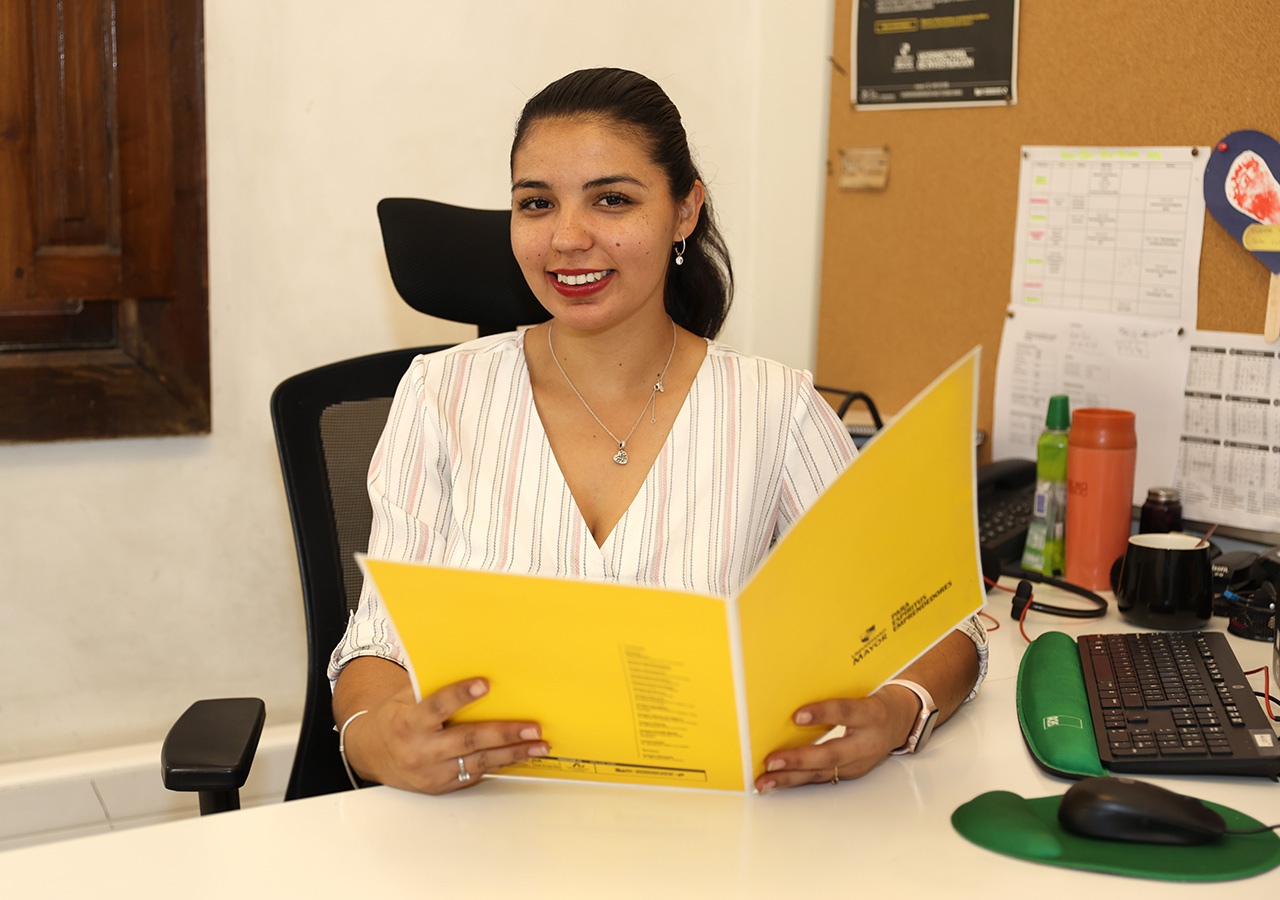
The Society and Health Research Center at Universidad Mayor invites applications for an Assistant Professor position. This is a full-time appointment, with an emphasis on research.
The Research Fellow or Postdoctoral Researcher will be a member of a dynamic US-Chile collaboration team, and will work under the supervision of Dr. Esteban Calvo.
Suicide planning and suicidal ideation increased the odds of engaging in same day NSSI; Neither cannabis nor alcohol use independently predicted the odds of same day NSSI; The co-occurrence of alcohol and cannabis use increased the odds of same day NSSI.
Para ver la columna completa ir a https://edition.cnn.com/2020/12/15/opinions/seniors-alcohol-use-during-covid-19-pandemic-calvo-keyes-castillo-carniglia/index.html
Es una recopilación ordenada de los tratados internacionales brevemente comentada, por disciplina y con referencia a la Jurisprudencia de la corte suprema de Chile en su aplicación nacional.
Para mayor información, acceder al artículo completo aquí: https://www.sciencedirect.com/science/article/pii/S0376871620305706?dgcid=author
https://www.diariomayor.cl/index.php/investigacion/2043-ganadores-fondecyt-iniciacion
Acompañanos el lunes 7 de septiembre a las 13:00 hrs, para una clase magistral dirigida por THOMAS BOSSERT, director del programa de sistema de salud internacional de la escuela de salud pública de Harvard (MA, USA)
In middle of the debate about the inequalities regarding AFP saving, En medio del debate sobre las inequidades de los ahorros en las AFP, Dr. Esteban Calvo, published along with other CISS collaborators, a descriptive study, using cross-ntional and longitudinal data, about inequality in mental health among older adults. See complete note at https://www.diariomayor.cl/index.php/investigacion/ciencia/1922-investigacion-cuan-desigual-es-envejecer-en-chile
